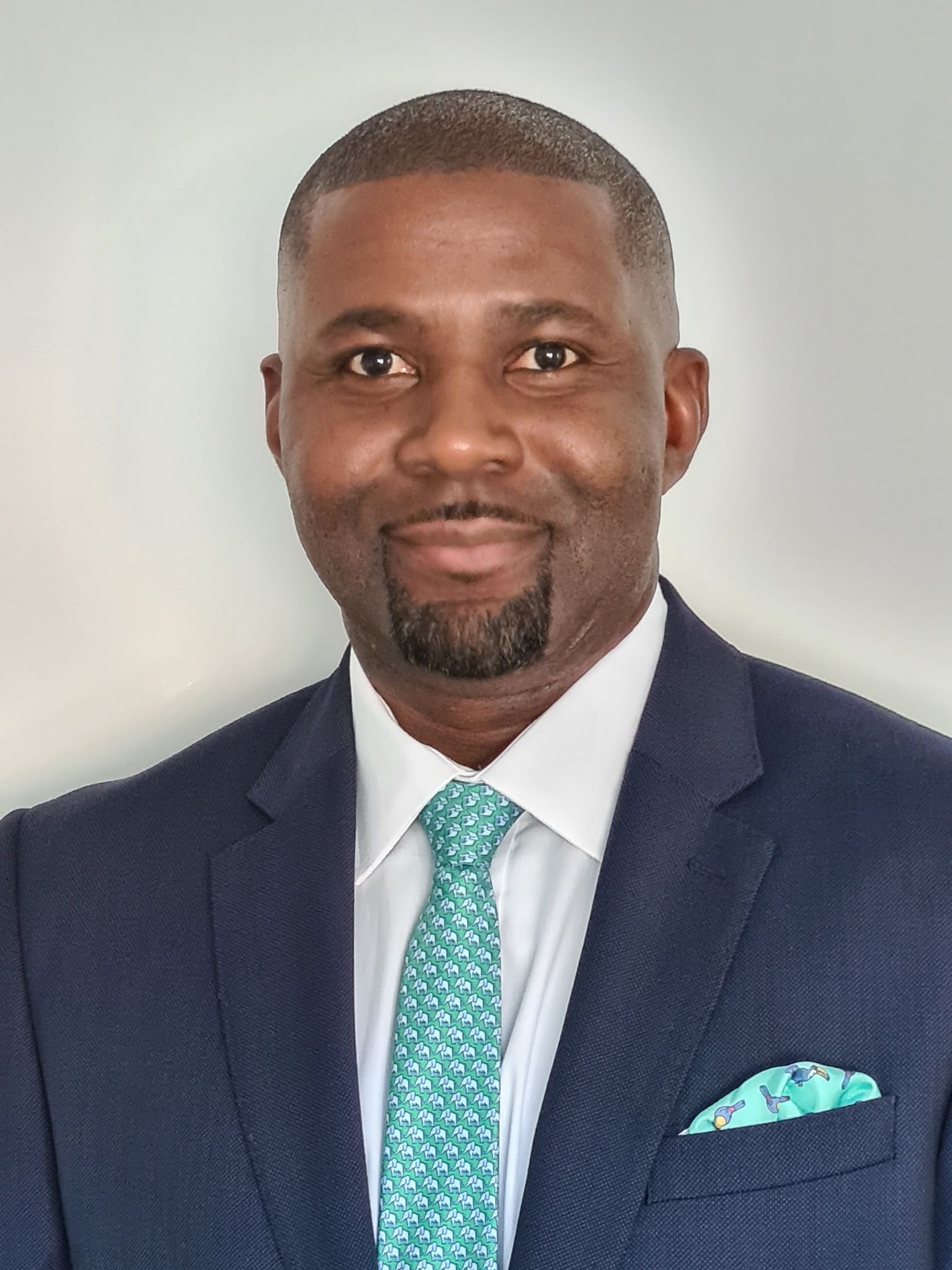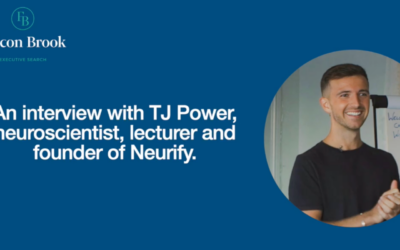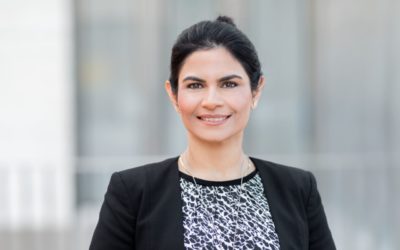“Don’t let anybody tell you you’re different.” When Kasase Kabwe was at the airport, flying away to boarding school in Britain at the age of 13, this is what his father said to him.

Now a successful City Executive Recruiter working for the London Stock Exchange, the balance between respecting how being black leads to a different world experience while being true to his father’s advice underscored our conversation.
We met to discuss diversity in the workplace in a year that has shone a spotlight on what it actually feels like to be in a minority.
“I’m always conscious of where I am,” he told us. “There are certain places where I know, this is not my place. It’s a sixth sense. A black person who says they never notice it is lying. It’s like being a woman who walks into a place that is full of men.”
His first experience of overt racism was in a pub in Ludgate Circus. “I misread the banter. I answered back in the same way thinking it was all a bit of fun, one person got angry and ended up becoming the butt of the joke. He followed me into the toilets, taunted me, pushed me around, used racist language. I stayed calm and didn’t respond but I left immediately.”
Being part of a community where everyone went to a private school and lived a privileged life masked the reality of what it was really like to be a black person living in the UK.
Kas describes how the first time ‘the penny dropped’ about the reality of racism was in sixth form when he began to venture out of school with his friends.
“We started going to the pub and mixing with pupils from the local schools. The two groups would talk down to each other, calling one another names. At university I met a wider black population from a less privileged inner-city background as well as more privileged black people from overseas. It was an eye-opener. I had been blind to the fact that I often was the only black person in the room, because my plan was to be known for the right reasons. Not because I’m black, but because I’m good and stand out for what I do. I wanted people to recognise me first and foremost for my talents.”
At the same time, being black means the experience is undeniably different.
“What’s it like being a black person in an office? What’s it like being a black leader? To what extent do you mould yourself to the culture of the organisation. For black people, that is the challenge. Can we really bring our true selves to the office every day?”
Because of his upbringing, Kas understands the continuing role of the old school and the old boy network in the workplace.
“In one job interview we spent the whole time talking about Marlborough College. I realised it was because the interviewer was trying to get his children into the school and wanted my help. At the end of the interview he asked me if I would take the job if he offered it to me there and then. I knew I wasn’t the most qualified person for the role.”
Understanding the function of such networks and how they can be managed is something that Kas has tried to impart in his diversity work with black networks in the City.
“At a time when change was happening, when there were more black people in the City getting promoted, I was still meeting black people from other socio-economic and less privileged backgrounds who would look at me as though I was different: “is he really as black as us if he went to that school, if he has that job?”
“It’s so important to explain to people from a different ethnic background about how to navigate business networks established by people from a very different network. I want people to understand that building a network and being visible to the right people is key to promotion.
“Your manager can sing your capability from the rooftops, but if no one else knows what you can do then you don’t make the shortlist. A lot of black people aren’t aware of that and not everyone feels like they can ask that question.”
That is where our approach to developing AVID leadership – authentic, vulnerable, inclusive, diverse – plays such an important part.
There is no benefit to a workplace where talented employees are expected to decode the language of the traditional networks.
Introducing simple, transparent measures for how performance is assessed and ensuring that these are clearly communicated to all employees creates a culture that respects and encourages difference while creating equal opportunity for all.



